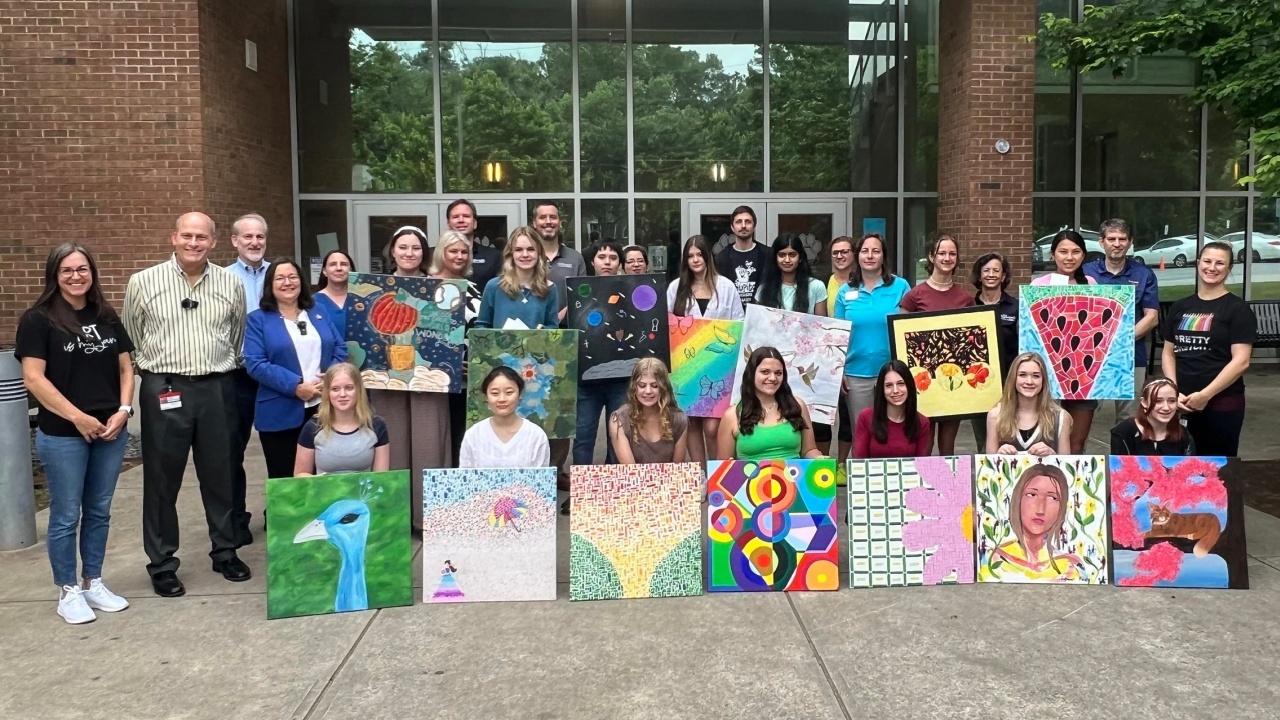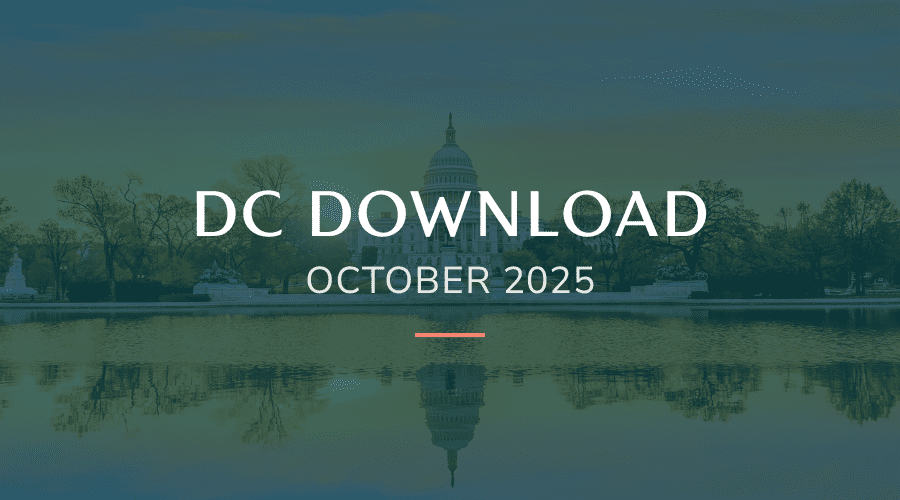The Fight to Reclaim Democracy Continues
Public spaces and infrastructure remain deeply intertwined with our First Amendment rights — from the time of slavery to reconstruction, from the era of Jim Crow to the Civil Rights Movement of the 1960’s, to the global wave of protests that proliferated throughout the summer months of 2020.
Dissent Is Democratic
What’s more democratic than using your voice for change? Protecting constitutional rights that allow others to do the same.
Resistance to social change during recent demonstrations against systemic inequality fostered an environment of disinformation that resulted in a historic increase of legislative attacks that undermine the right to peacefully protest and assemble. Since 2017, many policymakers have sought to ratify anti-protest laws that target demonstrations led by environmental, Indigenous, and civil rights groups. Historically, these proposals have been used to deter activism through the implementation of policies that enhance civil and criminal penalties surrounding critical infrastructure, including the construction of natural gas oil pipelines, landowner rights, and more. Over 80 restrictive measures were introduced or enacted in 34 state legislatures nationwide during 2021. Vague and broad definitions of these restrictive measures have permitted excessive discretion that allows the criminalization of legitimate protest and free assembly activities.
Currently, those who wish to join in peaceful protest or assembly risk police violence, mass arrests, infiltration, surveillance, increased penalties for obstructing traffic or sidewalks, and the criminalization of protest itself. Restrictions range from “unreasonable noise,” to wearing a mask during demonstrations, to online criticism of a police officer, elected official, or public employee. Key provisions in newly enacted bills absolve drivers who strike and injure protesters in public streets and bars constituents who are convicted of unlawful protesting from accessing student loans, unemployment benefits, housing assistance, and more.
There Is No Progress Without Protest
It is through the right to assemble that many of the freedoms that are enjoyed today were achieved. Civic assemblies pave a pathway for constituents to petition the government for a redress of grievances, which in turn helps to ensure that the public sector and the agencies that comprise it are accountable to the people. The enactment of the anti-protest bills will result in a widespread attempt to silence marginalized voices, including those served by nonprofits who are often excluded from the democratic process.
It’s incumbent upon nonprofits to remember that civic assemblies are, in fact, a form of advocacy and that the two components are not mutually exclusive. Previous chapters throughout history illustrate the importance of our nation’s streets and roads as protected sites of protest as activists and community organizers have taken to our nation’s public streets to amplify the voices of the unheard.
Nonprofit Advocacy Requires Participatory Democracy
In commemoration of First Amendment Day, Independent Sector will host a policy webinar entitled, Reclaiming Democracy: Protecting Nonprofit Assets Through the Right to Protest. During this topical discussion, panelists will discuss the recent surge in anti-protest proposals, how such policies impact a broad range of nonprofit missions, and policy recommendations and advocacy strategies to combat regressive policies that aim to discourage public assemblies.
Freedom of assembly and association are longstanding vehicles through which the nonprofit sector has routinely advanced social change, community-driven solutions, legislative victories, and progress towards shared needs and objectives. Our democracy relies on ordinary people to ensure fair and equal access to participation is afforded to all. Join us on Friday, September 24 from 1:00-2:10 PM EST to learn how you can support the sector’s concerted efforts to ensure that public assemblies remain an advocacy vehicle for nonprofits and constituents alike. Register today and encourage the member organizations in your nonprofit network to do the same!



